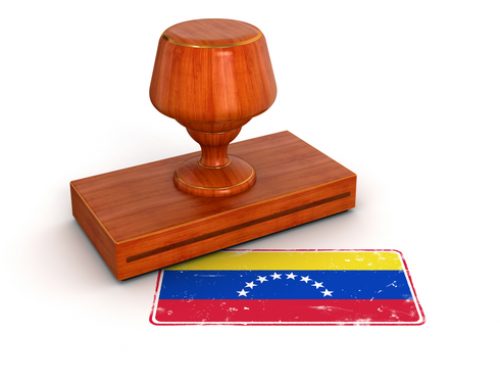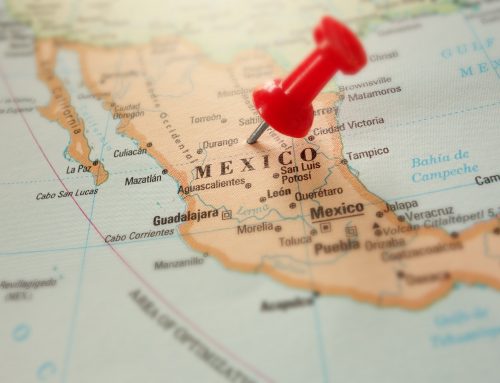
The Health Ministry of Colombia decided to announced and declared that the drug Gleevec (Imatinib) should be of public interest, which obligates the pharmaceutical Novartis, the holder of the patent to establish a certain price to sell it in the market, a price which needs to be define by the Comisión Nacional de Precios de Medicamentos y Dispositivos.
Records of Imatinib in Colombia
Novartis has had several issues in Colombia with the legal procedure to protect the crystal beta patent, in order to claim the protection of the patent they had to follow a long legal precedence between 2003 and 2012 before Colombian courts (Council State), that at the end they agreed with the pharmaceutical and granted the title of the patent, after the refusal of the patent office of Colombia Superintendencia de Industria y Comercio).
Until 2012, Novartis used the rights that were granted with the title of the patent in Colombia. The patents are approved to reward all the effort and investment that an invention implies for science advances.
The legal problem behind the controversial decision
However, after almost 10 years in the procedure for obtaining the title of the patent, the Colombian Ministry of health decided to declare public interest the drug Gleveec that is used to treat leukemia. Such declaration seeks to limit the rights conferred by the patent.
In legal terms, by being a deprivation to the legitimate holder of the patent, declarations of this kind must strictly adhere to the legal requirements for their granting. Which in this case is not entirely clear, because as the president of Novartis for the Andean region said in a newspaper called El Tiempo, there has never been shortages, or a monopoly of the drug there’s four generics drugs of the product and the patients have access to the drug because it is included in the health insurance, reasons that most of the time are worth for the public interest declaratory action.
The Andean Decision 486 of 2000, an intellectual property law in force in Colombia, has a regime for the limitations on the rights conferred by a patent, the mechanisms provided there is the exceptional regime for compulsory licensing. Nevertheless, the Minister of Health, aware that the legal premises that would allow the granting of a mandatory license are not given, has opted to unilaterally fix the public sale price of this drug, a measure that will affect significantly the revenues of the exploitation of the drug in Colombia invented by Novartis.
The consequences of the decision
This controversial decision could have bigger effects than the problem the Ministry of Health was trying to solve, the disregard of the rights belonging to the patent title is a disincentive for inventors and patent holders in Colombia, which could provoke that the pharmaceutical companies prefer to avoid venturing into the Colombia market due to this kind of risks.
However, considering that the solution of the Ministry, does not find a clear basis in the Andean Decision 486, it may be sued before Colombian judges, who in the past have agreed with Novartis.
In the worst case scenarios, this measure could be considered an expropriation on behalf of the Colombian government regarding the rights that are granted with a patent, leaving the possibility to receive an international millionaire sue from the pharmaceutical before the International Centre for Settlement of Investment Disputes (ICSID).




